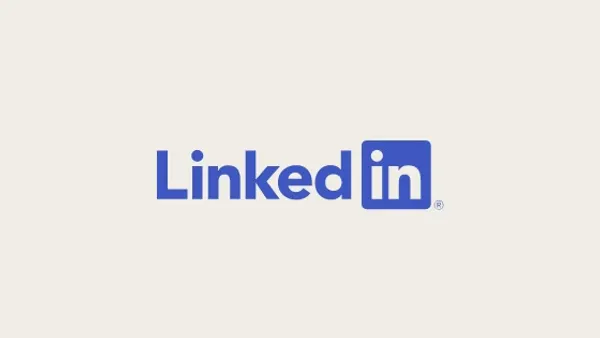Subheading: How LinkedIn legal win reinforces platform control and halts Proxycurl’s scraping tools
LinkedIn secured a major victory against unauthorized data scraping platforms. Its lawsuit against Proxycurl culminated in a LinkedIn legal win, mandating Proxycurl to delete all scraped LinkedIn data and cease unlawful access. This order reflects LinkedIn’s powerful commitment to member privacy and platform integrity.
What Triggered the Legal Action?
In January 2025, LinkedIn filed a federal suit against Proxycurl for breaching its User Agreement. Proxycurl had built tools that scraped LinkedIn member profiles and email addresses. LinkedIn identified the use of fake accounts and billions of requests made through bots. It claimed these actions violated terms of use.
Proxycurl CEO Steven Goh reported revenues near $10 million, largely fueled by scraped LinkedIn data. Shortly thereafter, the company shut down. The CEO cited LinkedIn’s legal resources—empowered by its parent company Microsoft—as a decisive factor.
Court Outcome and Settlement Details
LinkedIn’s VP of Legal, Sarah Wight, confirmed the legal outcome: Proxycurl must permanently delete all collected LinkedIn data and halt all unauthorized access. These conditions were formalized in a permanent injunction enforceable against Proxycurl’s clients
Proxycurl ceased operations by early July. The shutdown followed the lawsuit’s resolution, which underscored the company’s inability to contest LinkedIn’s prolonged legal pressure.
Why This LinkedIn Legal Win Matters
This ruling sets a firm precedent: even public data hosted behind login walls remains protected under LinkedIn’s terms. Companies scraping such data can face legal consequences. Even if profiles appeared public, LinkedIn repeated that much of the data accessed required authentication.
It also signals a shift in web scraping jurisprudence. Previously, the Ninth Circuit had ruled in favor of companies like hiQ Labs, stating that scraping publicly visible LinkedIn profiles was permissible. Still, after appeals and review, that stance reversed. The court later found that scraping after cease-and-desist letters violated user agreements.
Broader Legal Context on Web Scraping
The legal landscape surrounding web scraping is evolving. Key cases include:
- hiQ Labs v. LinkedIn: Initially allowed scraping of public profiles, but later rulings clarified that scraping against user agreements is illegal.
- Other major cases, like Facebook v. Power Ventures, upheld that scraping using fake or logged-in accounts violates the Computer Fraud and Abuse Act (CFAA).
Together, these rulings illustrate that scraping becomes illegal when it forces access against site terms, uses fraudulent account access, or continues after explicit legal warning.
Proxycurl’s Fall and Key Learnings
Proxycurl shut down in July 2025 after the lawsuit surfaced. CEO Steven Goh explained that legal pressure made continuation untenable. Despite generating significant revenue, Proxycurl could not sustain operations under LinkedIn’s legal scrutiny.
LinkedIn’s enforcement shows it will actively pursue unauthorized scraping—even when public profiles are involved. Sarah Wight emphasized the company’s aim to protect member data from tools exploiting fake accounts or hidden access flows.
What Companies Should Do Going Forward
If you need LinkedIn data, here’s what you must consider:
- Use only public profiles and respect logged-in user protections.
- Avoid automated scraping with fake or real user accounts.
- Fully adhere to LinkedIn’s terms of service and legal guidelines.
- If uncertain, consult legal counsel before proceeding.
Key Takeaways & Implications
- This LinkedIn legal win mandated Proxycurl to delete data and cease access operations.
- Proxycurl shut down soon after due to legal pressure and enforcement costs.
- The ruling reinforces LinkedIn’s power to control data access—even when profiling data seems publicly accessible.
- Courts increasingly support platforms’ rights to enforce terms around scraping and unauthorized access.
- Entities engaging in data collection from LinkedIn must adopt compliant tools or official APIs only.




